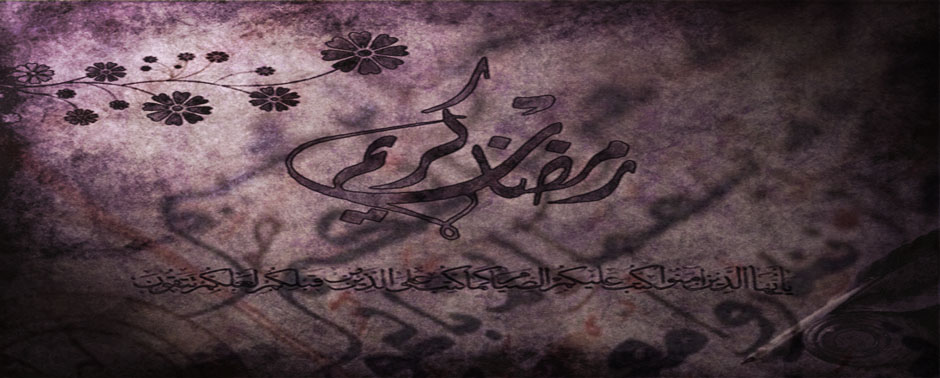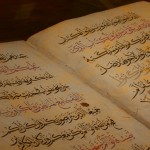Taha-i Hakkari : An Awliya from Hakkari
He is one of the important awliyas from Anatolia region of the Islamic world and he is considered as a member of “Silsile-i Aliyye”, who is the fortunate group of awliyas whom spent and dedicated their lives to forecasting mankind about the do’s and don’ts of Allah(j.j)
He is the 11th grand-son of the great awliya Abdulqadir Gaylanee. His birth year is unknown and he passed away near the town of Şemdinli, in the year of 1853
He memorized Holy Quran at early age, and then traveled to Solymaniye, Kirkuq, Iraq, Baghdad and Arbil, to study “ilm” since those destinations were important landmarks and centers for Islamic studies during those times. He received his regular education of tafsir, fiqh and hadith as well as science and literature. After this formal training, he traveled to the dergah of Mevlana Halid in Baghdag to advance in “zahir” studies and there he progressed further into tasawwuf studies, and he is believed to be have reached depths in the way of Sufis, opening his inner-self and perception to esoteric layers of tasawwuf formations.
From there, he returned to the Nehri district of Hakkari. For forty-two years he was like a beacon of education in that part of south-east Anatolia.
During one of his conversations with his students, he said “I’m not supposed to talk about Heaven and Hell, those who entered from our door-way should not be influenced nor effected by these two.”
His student Sibgatullah Arwasi explains this line of reasoning as follows:
“The Abrar, the core of believers worship Allah(j.j) to gain their life-after death. But there are also “the mukarrabs” whom enjoy being closer Allah(j.j) and worship Him just be closer to Him, without seeking any personal gain, be it here in this world, or here-after.”
He also warned his students;
“If you fancy your own actions and ibadeeh, you’ll run into the risk of destroying the holiness of your worshiping, stay way from every form of self-indulgence”
He is also known to design a water-mill near his dergah and took active participation in building it with his students.
He dedicated his life to explain about harams and helals of Allah(j.j) and educated many students that carried his “ilm” throughout the Anatolian peninsula during the 19th century.









You must be logged in to post a comment Login